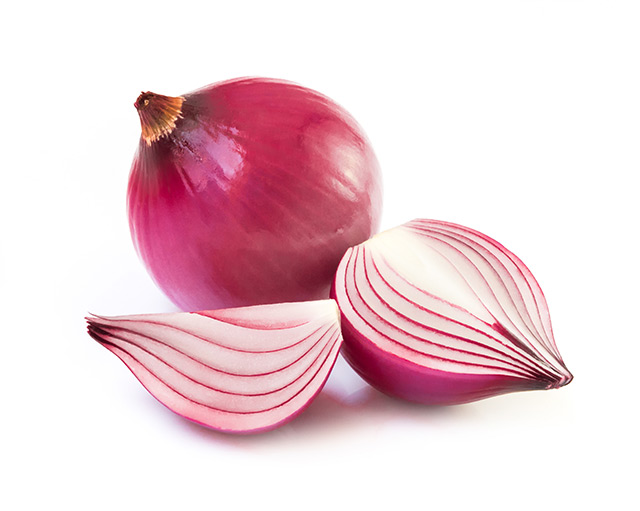Take amino acids BEFORE your workout to improve fat loss
10/13/2017 / By Rhonda Johansson

Three grams of the amino acid phenylalanine may be the additional push you need to a leaner physique. Bodybuilders and those trying to lose weight often complain of the dreaded metabolic “plateau” in which weight is not easily shed regardless of how many times one exercises. Nutritionists say that this may be because the body has reached a balance in energy consumption and intake. Still, researchers have observed that taking phenylalanine before a workout session impacts whole body fat oxidation, or what is more commonly known as the “fat burning” process.
This may prove useful for athletes who need to take particular care of their weight (say, professional fighters).
To reach this conclusion, a team of Japanese researchers observed six healthy, active men between the ages of 20 and 40. The participants had an average height of 172.6 cm and an average weight of 67.7 kg. In a placebo-controlled, double-blind, randomized, crossover cohort study, participants were subjected to two conditions: to ingest a three gram capsule of phenylalanine thirty minutes before an intense workout or a placebo. All participants exercised for an hour before being asked to rest for another hour in a supine position.
Blood samples were collected before taking either the amino acid capsule or placebo and at 30, 60, 90, and 150 minutes after ingestion.
The team saw that the phenylalanine group had better fat oxidation and had markedly improved blood glucose and lactate concentrations.
“Evaluation of the respiratory exchange ratio is regarded as the gold standard for evaluating whole body fat oxidation,” they explained. The researchers were referring to the correlation between the amount of carbon dioxide produced and oxygen burned. The respiratory exchange ratio was observed to decrease when participants took phenylalanine. This would suggest that body lipid oxidation increased with an amino acid supplementation, especially if it was taken before physical exercise.
Even so, the team was quick to mention that their sample size was small and only took into account males. More research is necessary to truly validate the amino acid’s effect on weight loss.
Phenylalanine works in more ways than one
A 2016 study found that the amino acid triggered hormones in rats that made them feel less hungry, consequently leading to dramatic weight loss. Scientists remain uncertain how phenylalanine affected ghrelin — the compound that tells us when we’re full or not — but saw that the amino acid directly impacted feeding habits and perceptions. Repeated consumption of phenylalanine improved health conditions among obese mice.
This study was lauded by the medical community as an affordable and safe way to combat the obesity crisis. There are intentions to expand this research to human models.
One of the main concerns of both doctors and nutritionists is dangerous dieting. This includes the ever-fabled yo-yo technique which has been proven to be detrimental to good health. What is important is consistent nutrition combined with proper and adequate physical exercise. Supplementation with the correct amino acid — in this case, phenylalanine — may help augment weight loss without introducing a whole series of negative side-effects.
Workout supplements should include BCAAs
More so than phenylalanine, athletes and professional bodybuilders should consider supplementing with BCAAs (branched-chain amino acids). Tablets found in your local health store usually contain a combination of leucine, isoleucine, and valine. BCAAs are important because they help build and repair muscle. Remember that exercise is an inherently stressful activity. Muscle cells are damaged to become stronger. To reduce the risk of long-term impairment, BCAAs help the body recover from an intensive workout. They may also aid in weight loss as more fat is converted to muscle. (Related: BCAA muscle-building supplements found useless when taken alone, study finds.)
Sources include:
Tagged Under: Amino Acids, BCAAs, fitness, hormone health, longevity, men's health, natural remedies, Phenylalanine, slender, weight loss, women's health, workout, workout supplements




















